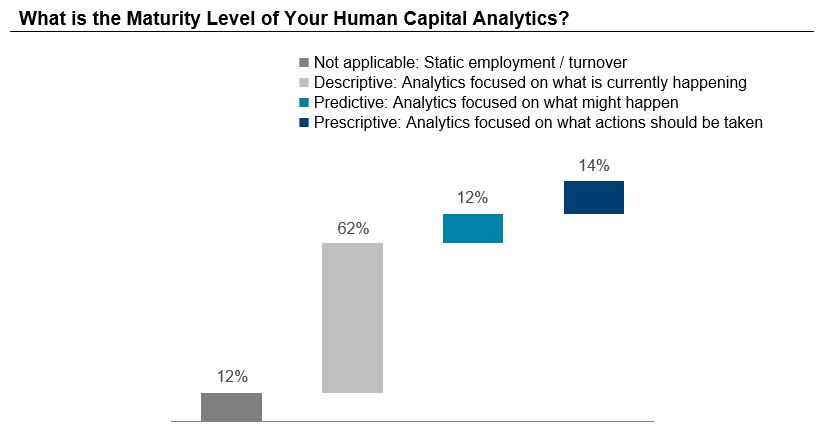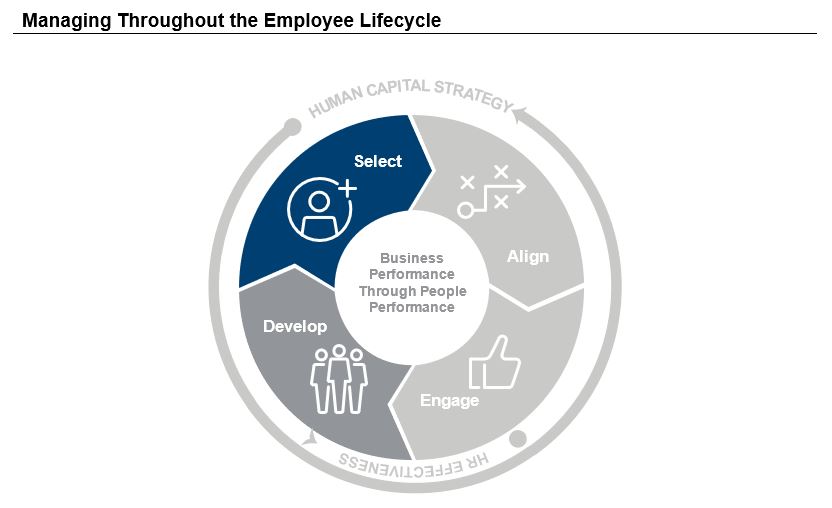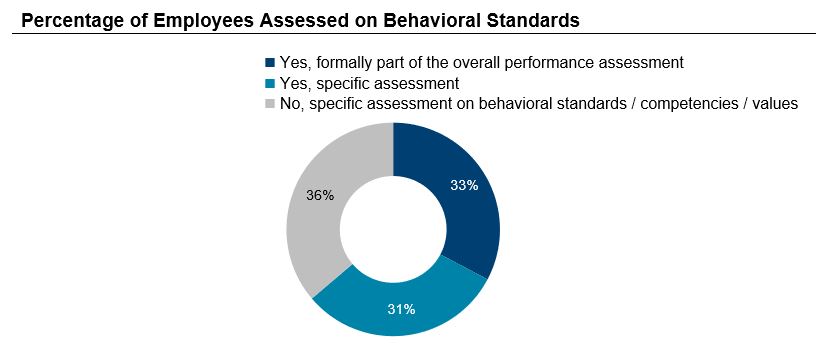Over the past decade, there has been an enormous amount of change in China's business and employment environment. We have seen the continuous reformation of state-owned enterprises, the rapid rise of private-owned businesses, extensive readjustment of industrial structures, and an increasing number of new employees entering the workforce.
In response to changes in business and talent, firms are adopting a wide array of measures to optimize human resources (HR) and rewards management. Financial services firms, in particular, are actively engaging in the design of market-oriented compensation, enhancing performance management, and incentive plans. More and more, these firms are focused on human capital strategies and HR efficiency, increasing engagement levels, and providing formal ratings and development opportunities for employees to improve retention.
With the market changing so rapidly and new generations entering the workforce, HR and rewards professionals in this region are focused on:

Becoming the Employer of Choice
While state owned enterprises (SOEs) and other government-linked institutions are still very attractive due to their strong brand and the status and job security they offer, we see the younger generation increasingly turning to new-generation technology, internet and e-commerce companies as these offer a chance to be a part of game-changing initiatives. People are attracted by the spirit of entrepreneurship, highly competitive wealth creation opportunities, and the career development associated with these companies, as well as their high-growth, start-up cultures. This trend taps into the national call from the government: "Everyone Venture, Everyone Innovate.”
Traditional financial services firms are also planning their own transformation as they change their business models to be more relevant in the tech-enabled environment and are therefore competing with emerging tech firms for specialized talent. Many organizations are modifying their reward programs to bring them more in line with this emerging need. They are also making informed, data-driven HR and business decisions based on trusted market data analytics. Survey results from our 2017 Talent Pulse Study in China revealed that building workforce analytics capabilities was a top functional priority for financial services firms in China. However, according to our human capital analytics maturity level findings, displayed below, there are firms without any formal human capital analytics in place and therefore cannot view this as a top focus area.

Using People to Drive Growth
Human capital management and innovation, with an emphasis on improving employee performance and retaining key talent, are also considered top business priorities for Chinese firms. The financial services industry is beginning to realize the importance that people have in driving growth. Although focused on attracting new talent, firms are placing even more emphasis on retaining their best talent through rewarding high performance, training and development and paying for performance. Firms are considering what their business objectives are, how they may evolve in the future, what human capital areas to focus on to achieve these goals, and which HR and rewards programs need to be adjusted as a result.

Aligning Performance and Reward
China represents a diverse geographical range, has many different levels of economic development, and shows increasingly large differences in pay across its regions. Therefore, companies in China need to look beyond country-level data to formulate pay levels and standards based on the unique circumstances of the specific region or city where they are competing for talent. In hot functional areas like artificial intelligence, cloud computing, and blockchain, talent shortages are severe, leading to significant pay premiums and even greater emphasis on additional variable pay. However, pay increases for other, less demanding positions across the financial services sector have slowed, giving way to a greater adoption of pay-for-performance models, including larger annual bonuses and long-term incentive vehicles.
Additionally, assessment of employees against behavioral standards is gaining prominence, in line with the global trend. Our 2017 Talent Pulse Study in China showed that about two thirds of the firms in China do some form of assessment of employee behaviors, either as a stand-alone exercise or as part of the broader performance evaluation.

Additionally, when asked about formal ratings, an overwhelming majority (83%) of financial services firms in China assign employees a rating or label. Globally, 27% of firms don’t have a formal performance ratings system or are planning to eliminate it altogether, compared to a small 5% of Chinese firms. Clearly, performance management is front of mind for financial organizations in this region, and directly linked to effective reward strategy and design.
Managing a New Generation of Employees
In China, workers born in the 1980s and 1990s are better known as New Generation Employees. This group is emerging as the key driver of the new economy. New Generation Employees are mostly from single-child families with a fairly strong level of self-awareness and self-esteem, but also a need for regular recognition and a willingness to take risks. They are digital natives and big fans of transparent communication and continuous feedback in the workplace. These characteristics only further the need for firms across all industries to adjust their management styles and practices. Increasingly, people managers will be called upon to establish higher levels of trust within their teams, carry out more frequent and effective performance feedback communications, prioritize career development, and focus on guiding employees’ values. Forward-thinking HR and rewards professionals will look for ways to incentivize people managers to adopt the practices cited above.
If you would like to learn more or have questions about rewards strategies in China, please contact our team.
Related Articles